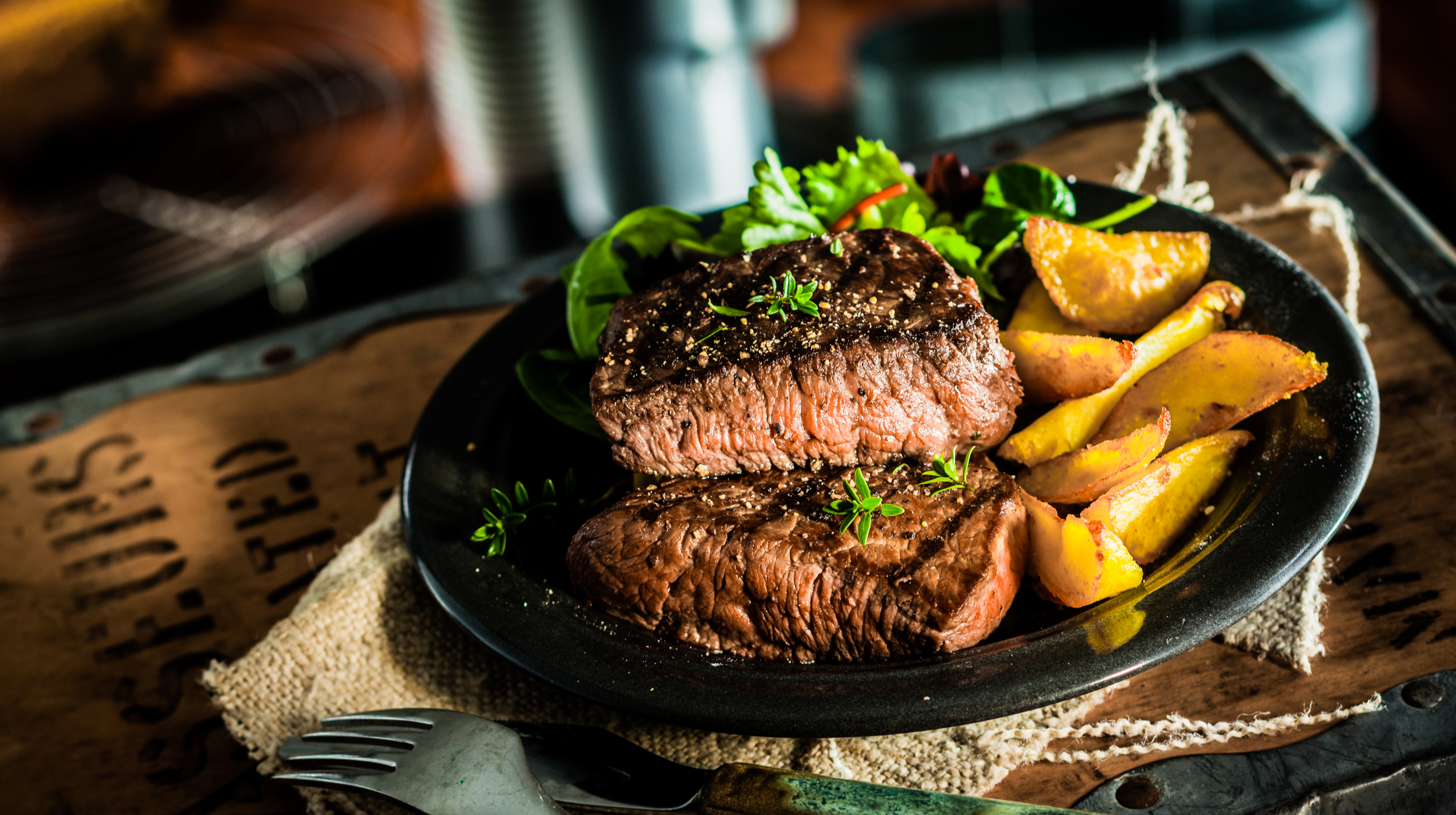For specifics on how to plan your diet from macros, to calories, and more be sure to read my article ‘What Should my Diet be If I am Skinny and Want to Gain Weight?’. For today's focus, I will just dive a little deeper into what you should be eating if you want to build more muscle.
90/10 rule
I am a big fan of the 90/10 rule. While in an ideal world, it would be great if everyone ate the healthiest foods, all of the time everyday, it’s just not realistic. Life happens. We go to weddings, vacation, birthdays, you name it. If we are eating right 90% of the time (usually when we’re living most of our day to day lives), then it’s ok to splurge that 10%. We only have one life, so we should get to enjoy it once and awhile.
Being Prepared for our weakest moments
For the most part, people actually know what they need to be eating day in and day out. Any client I’ve had whether it was dieting, or bulking, all know to be eating more vegetables, eat more protein, less processed garbage, etc. Where they fall short is their level of preparedness. It’s those days we go to those parties, or something unexpected comes up that we slip, and think we can’t get out of it. Then most people think they’ve gone too far and give up which isn’t true.
That's why I like to focus on people’s weakness. Let’s be real. You don’t need me on your motivated days, you need me when you’ve lost willpower. In the case of building muscle, it’s usually due to lack of eating enough overall calories. If you want to put on size you need to be taking in more calories than you are burning.
What to do:
- Eat in a surplus! There’s tons of ways to complicate calculating your intake, but it’s really just a starting point. It’s going to change after a week or two, so just get started and adjust up or down depending on if you are adding or losing weight. Multiply bodyweight x 15-16. Shooting for .5lb-1lb of weight gain a week.
- Make sure you are getting enough protein in! Most people underestimate this more than anything else. .82g-1g per pound of body weight. This ensures you are getting enough protein for muscle growth as well as enough leftover for all other enzymatic functions the body needs just to function properly. Essentially aim for 30-40grams of protein a meal (if you don’t want to calculate, make sure your protein serving is the size and thickness of your palm for EACH meal.)
Sources: turkey, beef, steak, chicken, fish, eggs, etc.
- 30-40% of your intake should be coming from carbohydrates to support muscle recovery, and performance in the gym. Again, for those that don’t want to calculate it’s usually a carb serving the size of closed fist. Shoot for two fistfuls post workout.
Sources: oatmeal, rice, potatoes, quinoa, beans, etc
- 20-25% of your intake should come from fats. This should essentially be a serving give or take with each meal. That could be a tablespoon of olive oil, a quarter cup of almonds, whatever.
Sources: nut butters, nuts, olive oil, egg yolks, etc.
- If you are a hard gainer (struggle to add weight), whether it is because you get full easily, or your caloric intake needs to be a lot higher than the average person (usually 3500cals+), stick with high quality sources. Feel free to make high calorie protein shakes, and eat calorically dense foods, so that you can hit your goal a little easier. Again, 90% of the time stick with HIGH quality foods, but use this as a tool to help get you the rest of the way.
- Finally, stay consistent. Week to week check in. Add or remove 200 calories if you are gaining or losing weight too quickly. It’s a process, and involves a lot of experimentation. Embrace it, and learn what your body responds best to.






